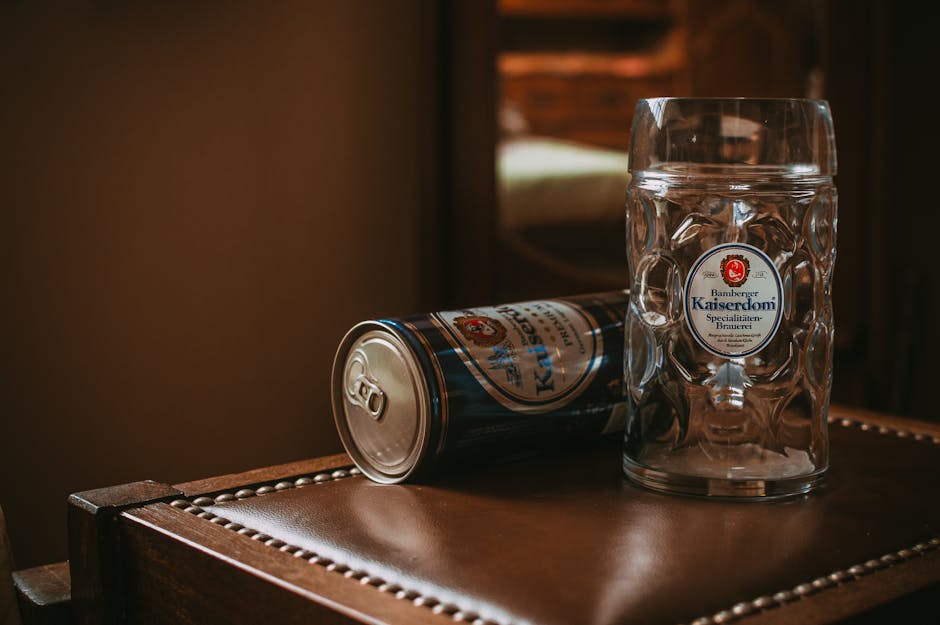Can Alcohol Increase the Risk of Mesothelioma? Debunking Myths
Mesothelioma is a rare but aggressive form of cancer that primarily affects the lining of the lungs, abdomen, or heart. While asbestos exposure is the leading cause, many wonder if other lifestyle factors, such as alcohol consumption, can also contribute to the risk. This blog aims to explore the relationship between alcohol and mesothelioma, debunk common myths, and provide actionable tips for reducing cancer risk.
Understanding Mesothelioma
Before diving into the connection between alcohol and mesothelioma, it’s essential to understand what mesothelioma is. Mesothelioma is a type of cancer that arises from the mesothelium, a thin layer of tissue covering most internal organs. The most common form is pleural mesothelioma, which affects the lining of the lungs. Other forms include peritoneal mesothelioma (abdomen lining), pericardial mesothelioma (heart lining), and testicular mesothelioma.
Causes of Mesothelioma
The primary cause of mesothelioma is asbestos exposure. Asbestos is a group of minerals used in construction, insulation, and other industries. Inhalation of asbestos fibers can lead to severe health complications, including mesothelioma. The latency period for mesothelioma can range from 20 to 50 years, making it a challenging disease to diagnose early.
The Role of Alcohol in Cancer Risk
While alcohol is not directly linked to mesothelioma, it has been associated with several other types of cancer, including liver, breast, and colorectal cancer. According to the National Cancer Institute, alcohol consumption is a known carcinogen that can affect various parts of the body.
How Alcohol Contributes to Cancer
Alcohol can contribute to cancer risk through several mechanisms:
- DNA Damage: Alcohol can cause direct damage to the DNA in cells, leading to mutations and cancer development.
- Hormonal Changes: Alcohol can increase levels of estrogen and other hormones associated with breast cancer.
- Oxidative Stress: Metabolism of alcohol produces harmful chemicals, such as acetaldehyde, that can cause oxidative stress and damage cells.
- Compromised Immune System: Chronic alcohol consumption can weaken the immune system, making it harder for the body to fight off cancer cells.
Debunking Myths: Alcohol and Mesothelioma
There is no scientific evidence to suggest that alcohol consumption can directly cause mesothelioma. However, some myths and misconceptions persist. Let’s debunk a few:
Myth 1: Alcohol is a Major Risk Factor for Mesothelioma
While alcohol is a risk factor for several types of cancer, it is not a significant risk factor for mesothelioma. The primary cause of mesothelioma remains asbestos exposure. Focusing on reducing asbestos exposure is the most effective way to lower the risk of developing this type of cancer.
Myth 2: Moderate Drinking is Safe for Cancer Risk
Moderate drinking may lower the risk of some cardiovascular diseases, but it doesn’t eliminate cancer risk. Even moderate alcohol consumption can increase the risk of several cancers, including breast and liver cancers. It’s essential to weigh the benefits and risks before consuming alcohol.
Myth 3: Only Heavy Drinkers are at Risk
While heavy drinking significantly increases cancer risk, even light to moderate drinking can contribute to cancer development over time. The risk is cumulative, meaning the more you drink, the higher your risk.
Actionable Tips for Reducing Cancer Risk
Reducing cancer risk involves a holistic approach to lifestyle choices. Here are some actionable tips:
Avoid Asbestos Exposure
The most effective way to prevent mesothelioma is to avoid exposure to asbestos. If you work in an industry where asbestos exposure is possible, take necessary precautions, such as wearing protective gear and following safety guidelines.
Limit Alcohol Consumption
The Centers for Disease Control and Prevention (CDC) recommends limiting alcohol intake to reduce cancer risk. For men, this means no more than two drinks per day, and for women, no more than one drink per day.
Maintain a Healthy Diet
A diet rich in fruits, vegetables, whole grains, and lean proteins can help reduce cancer risk. Avoid processed foods, red meat, and sugary beverages.
Exercise Regularly
Regular physical activity can boost your immune system and help maintain a healthy weight, both of which are crucial for reducing cancer risk. Aim for at least 150 minutes of moderate-intensity exercise per week.
Don’t Smoke
Smoking is a significant risk factor for many types of cancer, including lung cancer. Quitting smoking can dramatically reduce your cancer risk.
Conclusion
While alcohol consumption is a known risk factor for several types of cancer, there is no direct link between alcohol and mesothelioma. The primary cause of mesothelioma remains asbestos exposure. However, adopting a healthy lifestyle, including limiting alcohol intake, can help reduce overall cancer risk. By debunking myths and focusing on evidence-based information, we can make more informed decisions about our health.


